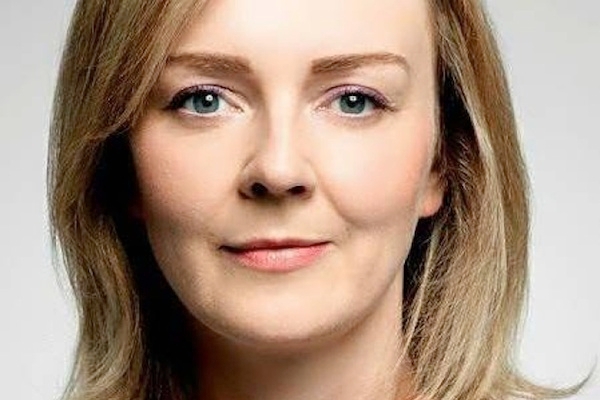It is testament to Margaret Thatcher’s remarkable influence on British politics that 33 years after she won her first general election victory she still has such a hold on our political discourse. One of the things that the Tory party needs to do is understand both why Thatcher was so successful and how she changed Britain. In an interview with The Spectator this week, Elizabeth Truss, the new education minister who proudly describes herself as a ‘bit of a Thatcherite’, offers an interesting take on the question.
Truss argues that ‘what Mrs Thatcher did in the 80s was unleash a lot of forces by things like freeing up credit; getting people more involved in ownership of businesses, shareholding; enabling people to make and earn money; and keep more of their own money. All of those things created a more socially mobile and socially liberal society. Then what had happened by the mid-90s is the Conservatives were out of step with the social feelings of the country so when Blair came in and introduced things like civil partnerships actually the British people were ready for that. But we hadn’t fully realised, as a party, that change in society that, in fact, we had unleashed.’
As Thatcher was, Truss is a working mother in politics. She is adamant that more must be done, partly through the deregulation of childcare, to enable those mothers who want to go back to work to do so. She says, ‘If those who want to go out to work did, they’d contribute about £6 billion to the economy. There’s a big economic prize to be had.’ Truss claims, convincingly, that this is one of the things that a Thatcherite should be doing today.
I think that Truss is on to something here. The modernisers were undoubtedly right that the Tory offer needed to be broadened. But what they too often failed to do was to apply rigorous Tory thinking to these new areas of policy. Truss is trying to achieve that fusion. It is something that makes her a politician well worth watching.







Comments